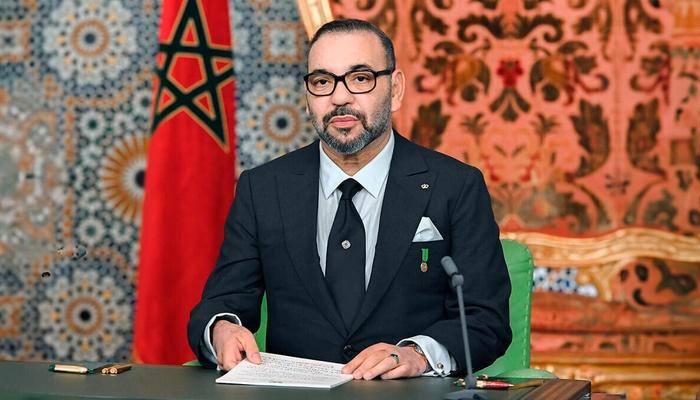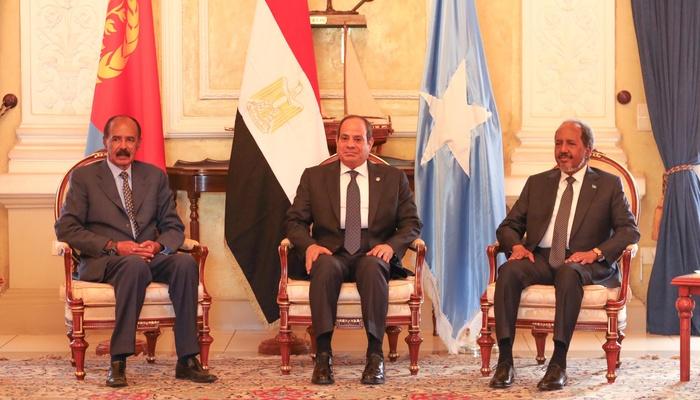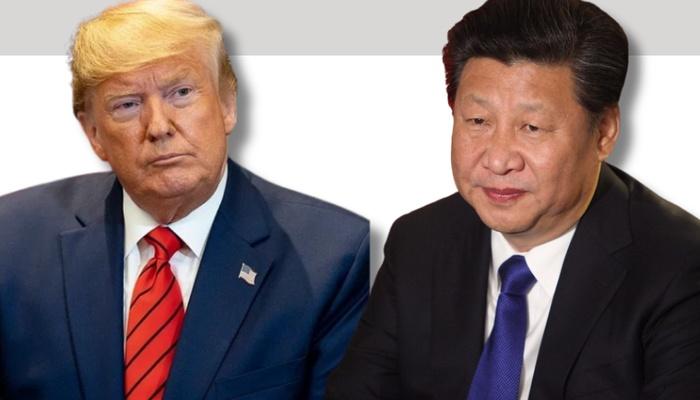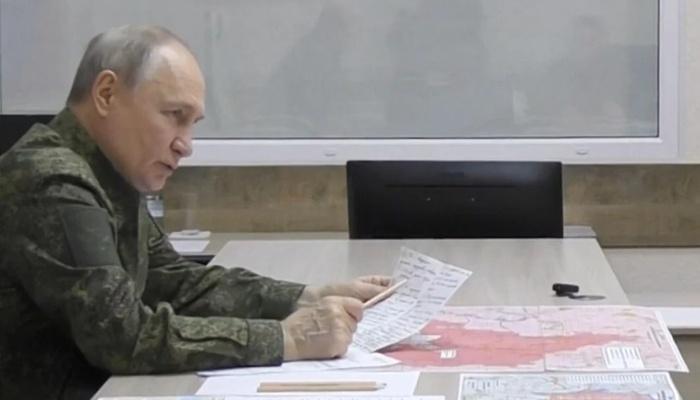Italy in talks to sell frigates to Egypt
ROME – Italy is negotiating to sell two FREMM frigates to Egypt as local conflicts, rivalries over natural gas and shifting alliances ratchet up naval competition in the Mediterranean.
The talks by Italy’s Fincantieri to sell the two vessels to Egypt were confirmed this month by Italian foreign minister Luigi Di Maio and Fincantieri CEO Giuseppe Bono following days of press speculation a deal was on the cards.
What makes Italy’s offer particularly appealing to Egypt is that the vessels are almost ready. Fincantieri is proposing to sell Cairo the final two of ten frigates now being built for the Italian navy.
The plan is to divert the two vessels to Egypt, then win a top-up order from Italy to complete the Italian navy’s complement of ships.
Of the two frigates in question, the Emilio Bianchi was launched in January and was due for delivery to the Italian navy in 2021, while the Spartaco Schergat is due for delivery in a few months.
With a displacement of 6,700 tonnes, the 144 meter long Emilio Bianchi can reach a top speed of 27 knots.
The two vessels, which may Egypt may buy for around €1.2 billion ($1.3 billion) for the pair, are general-purpose variants of the FREMM frigate. If they are sold to Egypt, the Italian navy may decide to order its replacement ships with anti-submarine warfare capabilities, an upgrade reflecting heightened tensions in the Mediterranean.
News of the deal drew criticism in Italy from politicians who have been concerned over human rights abuses in Egypt since with the arrest, torture and murder in Cairo in 2016 of an Italian PhD student, Giulio Regeni. Italian prosecutors have named members of Egypt’s security services they suspect ordered the arrest, but the Egyptian government has done little to cooperate in the investigation.
Italy has also found itself on the other side from Egypt in the proxy conflict underway in Libya, where Egypt, Russia, Saudi Arabia and the UAE back the forces of General Khalifa Haftar, who is trying to conquer the capital Tripoli.
Italy is lined up with Turkey and Qatar defending the UN-backed government in Tripoli run by Fayez al-Sarraj.
But in recent weeks, the dynamics of the conflict have changed after Turkey sent military backing, including Syrian fighters, to help Al Sarraj defend Tripoli against Haftar’s forces, contrary to Italy’s call for a negotiated solution to the fighting.
In November, Turkey and Al Sarraj also signed a bilateral maritime agreement which reportedly carves up the area of the Mediterranean between Turkey and Libya and cuts through waters recognized as belonging to Greece and the Republic of Cyprus.
Italy has sided with neighbors like Egypt in condemning the deal, while Rome is also irritated by Turkish prospecting for gas in maritime zones off Cyprus which have already been allocated to Italian state controlled energy firm ENI.
ENI is also working closely with Egypt after discovering an enormous new gas field in Egypt’s Mediterranean waters which could supply the country’s gas needs for years to come.
As Italy holds talks on the FREMM sales to Egypt, French newspapers have meanwhile accused the French government of losing its hegemony in naval sales to Egypt after it sold Mistral helicopter carriers to Cairo as well as corvettes and a FREMM frigate of its own.
“The equilibrium is changing in the Mediterranean since the U.S. is effectively now absent and the European Union members are not unified,” said Gabriele Iacovino, an analyst at the International Study Center in Rome.
“Italy has a longstanding dialogue with Egypt which was interrupted by the Regeni case, but has now resumed. Rome needs to talk to both Al Sarraj and Haftar in Libya and knows that to talk to Haftar you need to speak to Egypt,” he said.
Michele Nones, head of the security and defense department at the Rome IAI think tank, said Egyptian leader Abdel Fattah al-Sisi was consolidating his power, building the Egyptian economy and putting the country back on the regional map.
“Egypt is a fundamental actor in Libya, the Mediterranean and the Middle East,” he said.
Rome’s ties with Egypt were strengthening for those reasons — as well as because Turkish activism in the Mediterranean increased, he said.
“Italy would have got closer to Egypt anyway, but Turkey’s strategy increases the need to do that,” he said.








